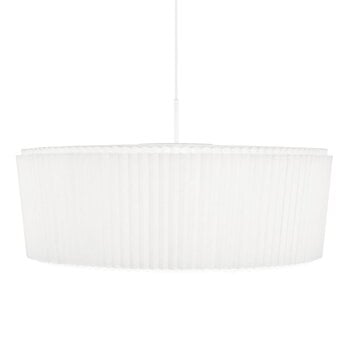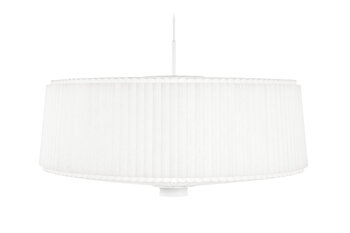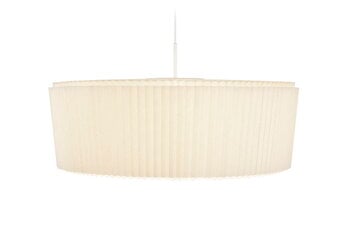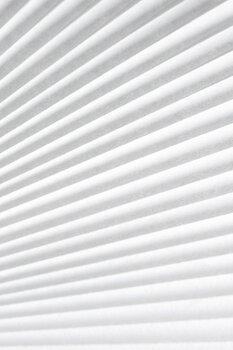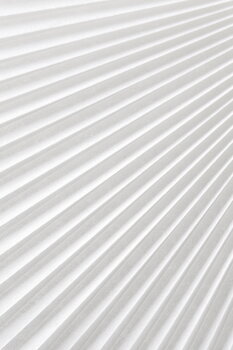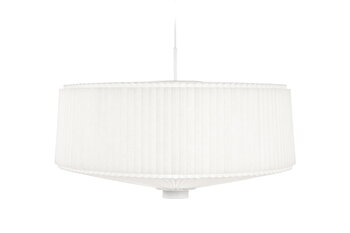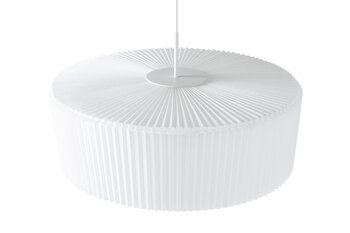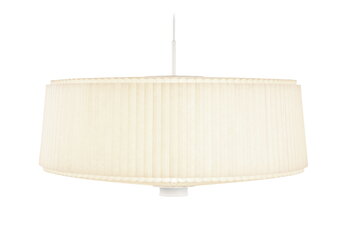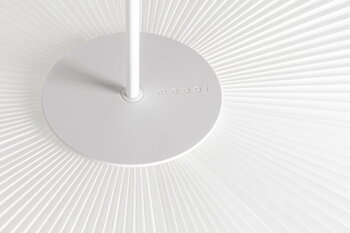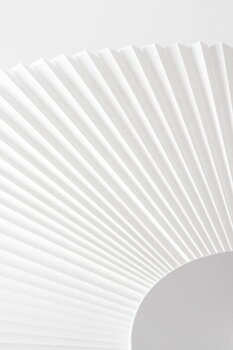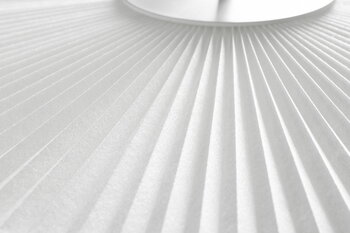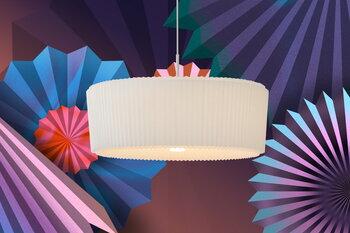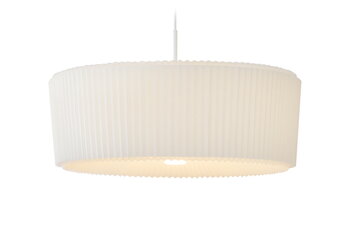Moooi’s Plié Plissé Light pendant lamp, designed by Lukas Bazle, features a pleated shade with a light mimicking the natural rhythm of the day. You can adjust the intensity and direction of the light as needed: when unfolded, Plié Plissé Light fills the space with a soft, diffused light, and when folded, the shade directs more intense light downwards, making it easier to work or read a book under the lamp.
Thanks to the pleated fabric shade in a honeycomb pattern, Plié Plissé Light provides soft and natural light to any space, and the adjustment options make it an excellent luminaire above a dining table, sofa group and bed, for instance.
